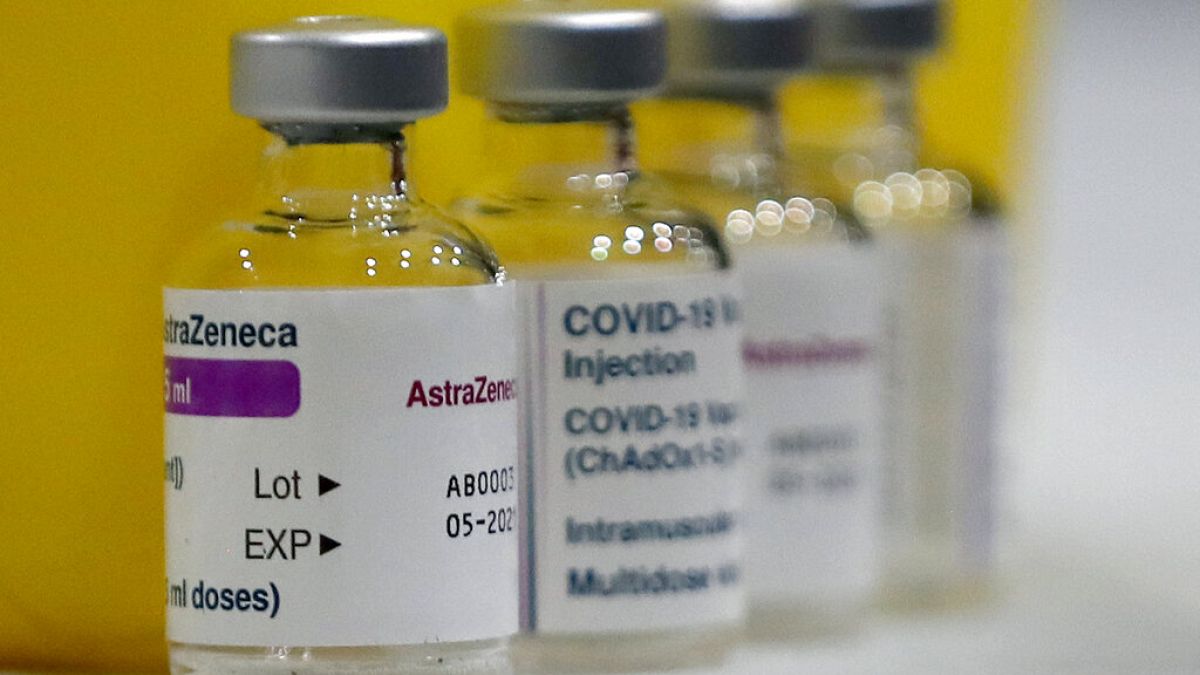AstraZeneca was the first pharmaceutical laboratory to launch a Covid-19 vaccine on the market at the end of 2020, a year after the appearance of the virus. However, the European Medicines Agency (EMA) recently announced that AstraZeneca has requested the withdrawal of the European authorization for its Covid-19 vaccine, Vaxzevria. This decision comes after concerns were raised about the safety of the vaccine, when unusual but rare blood clots were detected in a small number of vaccinated individuals in many countries. Despite the EU regulator’s conclusion that AstraZeneca’s shot did not increase the overall risk of blood clots, doubts remained about its safety and efficacy.
The approval for AstraZeneca’s Covid-19 vaccine was first granted by the EMA in January 2021. However, within weeks, countries began suspending the use of the vaccine due to concerns about its safety. Partial results from the vaccine’s first major trial, which was used by Britain to authorize its use, were marred by a manufacturing mistake that researchers initially failed to acknowledge. Additionally, there was insufficient data on the vaccine’s effectiveness in protecting older individuals, leading some countries to initially limit its use to younger populations before reversing course.
Despite billions of doses of the AstraZeneca vaccine being distributed to poorer countries through a UN-coordinated program, studies later suggested that the messenger RNA vaccines made by Pfizer-BioNTech and Moderna provided better protection against Covid-19 and its variants. As a result, most countries opted to switch to these vaccines, which were seen as more effective. The AstraZeneca vaccine’s lower cost and easier production and distribution may have initially made it an attractive option for many countries, but concerns about its safety and efficacy ultimately led to a decline in its usage.
The withdrawal of the European authorization for AstraZeneca’s Covid-19 vaccine marks another chapter in the ongoing saga of the global vaccination effort against the virus. While the vaccine was one of the first to be developed and distributed, its safety concerns have led to a decrease in its use in many countries. The decision by AstraZeneca to request the withdrawal of the European authorization shows the importance of monitoring the safety and efficacy of vaccines, even after they have been approved for use. This move may have implications for other vaccines in the future, as regulators continue to closely monitor the ongoing vaccination campaigns worldwide.
The Covid-19 pandemic has highlighted the urgent need for effective vaccines to combat the spread of the virus and protect public health. While the AstraZeneca vaccine played a role in the early stages of the global vaccination effort, concerns about its safety have raised questions about its long-term use. The shift towards the Pfizer-BioNTech and Moderna vaccines, which have shown greater efficacy against Covid-19, demonstrates the importance of continuous research and development in the field of vaccination. As the world continues to battle the virus, it is crucial to prioritize the safety and effectiveness of vaccines to ensure the health and well-being of populations worldwide.
In conclusion, the withdrawal of the European authorization for AstraZeneca’s Covid-19 vaccine reflects the challenges and complexities of the global vaccination effort. While the vaccine initially provided a promising option for many countries, concerns about its safety have led to a decrease in its use. Moving forward, it is essential for regulators and pharmaceutical companies to prioritize the safety and efficacy of vaccines to combat the ongoing pandemic effectively. By learning from the experience with the AstraZeneca vaccine, the global community can better prepare for future vaccination campaigns and ensure that all individuals have access to safe and effective vaccines to protect against Covid-19 and other infectious diseases.











